Table of Contents
In English grammar, reciprocal pronouns are used to express a shared or mutual action between people or things. They show that two or more subjects perform the same action toward one another. English has only two reciprocal pronouns: each other and one another.
These pronouns help us avoid repetition and make sentences smoother.
Example:
- The twins helped each other with their homework.
This means both twins gave and received help.
Meaning of Reciprocal Pronouns
A reciprocal pronoun shows that two or more people are involved in the same action. The action is done by all and affects everyone equally.
Examples:
- The students congratulated each other after the competition.
- The teams respected one another during the match.
Reciprocal pronouns always receive the action. They are not used as subjects.
✅ They love each other.
❌ Each other love they.
List of Reciprocal Pronouns
| Reciprocal Pronoun | Usual Use | Example |
|---|---|---|
| each other | for two people or things | Tom and Jerry chase each other. |
| one another | for more than two people | The players encouraged one another. |
In modern English, both forms are used interchangeably in everyday language.
Syntactic Role of Reciprocal Pronouns
Reciprocal pronouns always act as objects in a sentence. They cannot be used as subjects.
They can appear as:
- Direct objects of verbs
- They hugged each other.
- The friends called one another.
- Objects of prepositions
- They looked at each other.
- The teams competed against one another.
Incorrect usage:
❌ Each other helped.
Correct usage:
✅ They helped each other.
This rule helps keep sentence structure grammatically correct and clear.
Using Reciprocal Pronouns in Sentences
Reciprocal pronouns follow the main verb or preposition. They make it easy to describe shared actions without repeating nouns.
Examples:
- We know each other well.
- The classmates talked to one another after school.
- The partners trust each other completely.
- All the groups helped one another during the activity.
Each sentence shows an action shared equally between all subjects.
Reciprocal Pronouns Showing Possession
Reciprocal pronouns can also express shared ownership or relationship. For this, the possessive form with an apostrophe and s is used.
Examples:
- They borrowed each other’s books.
- The teams respected one another’s ideas.
- We met each other’s families last week.
Rule: The apostrophe is always placed before the s.
✅ Each other’s bags were heavy.
❌ Each others’ bags were heavy.
Difference Between Reflexive and Reciprocal Pronouns
Reflexive and reciprocal pronouns can look similar in meaning, but they express different ideas. Reflexive pronouns show that the action returns to the same person. Reciprocal pronouns show that the action is shared between two or more people.
| Type | Meaning | Example |
|---|---|---|
| Reflexive | The action returns to the same person | They looked at themselves in the mirror. |
| Reciprocal | The action is shared between people | They looked at each other and laughed. |
Common Mistakes
1. Using Reflexive Instead of Reciprocal Pronouns
❌ They love themselves.
✅ They love each other.
2. Adding Extra Words
❌ They helped the each other.
✅ They helped each other.
3. Apostrophe Errors in Possessive Form
❌ Each others’ notes were missing.
✅ Each other’s notes were missing.
Summary
Reciprocal pronouns describe actions shared between two or more people or things.
- There are only two: each other and one another.
- They always act as objects in a sentence.
- They can show shared possession using each other’s or one another’s.
- They must not be confused with reflexive pronouns.
Examples Recap:
- The brothers support each other.
- The students shared one another’s notes.
- They smiled at each other.
- The groups respected each other’s opinions.
Reciprocal pronouns make sentences more accurate and help express mutual relationships clearly in English grammar.
FAQS about Reciprocal Pronouns
1. What are reciprocal pronouns?
Reciprocal pronouns are pronouns used to indicate a mutual action or relationship between two or more subjects. The two reciprocal pronouns in English are each other and one another.
2. What is the difference between “each other” and “one another”?
Traditionally, each other is used for two subjects, while one another is for more than two. However, in modern usage, they are often interchangeable.
3. Can reciprocal pronouns be the subject of a sentence?
No, reciprocal pronouns cannot function as the subject. They are used as the object of a verb or preposition.
Example: They respect each other (object).
4. What is an example sentence using a reciprocal pronoun?
Example: The teammates encouraged one another throughout the game.
This shows a mutual action between the teammates.
You May Also Like


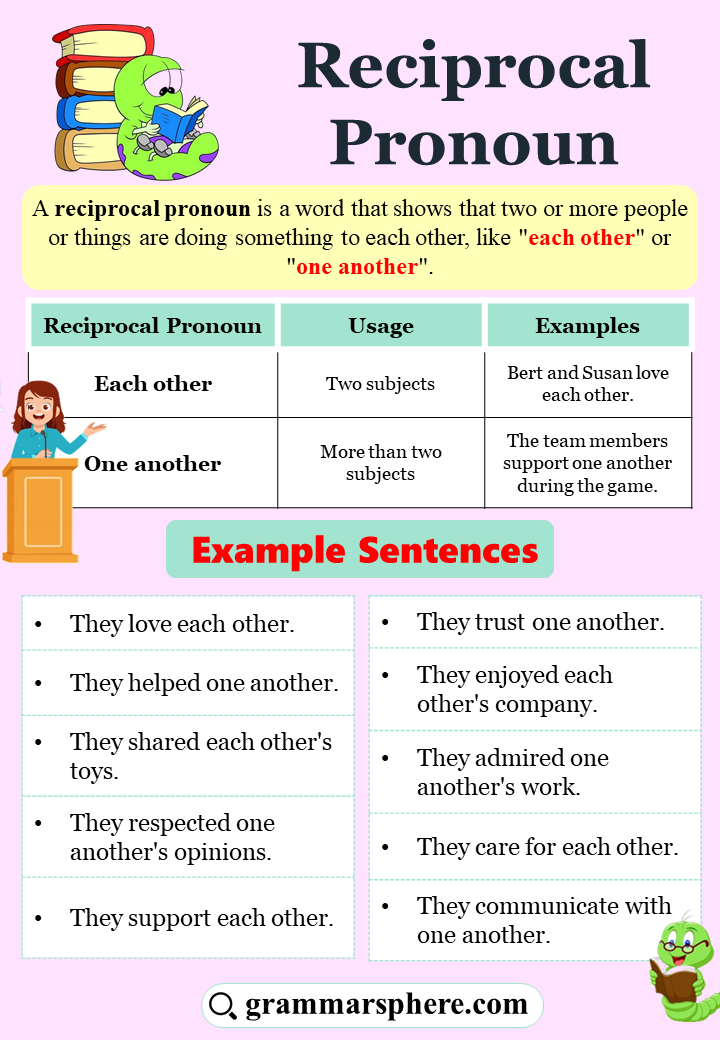
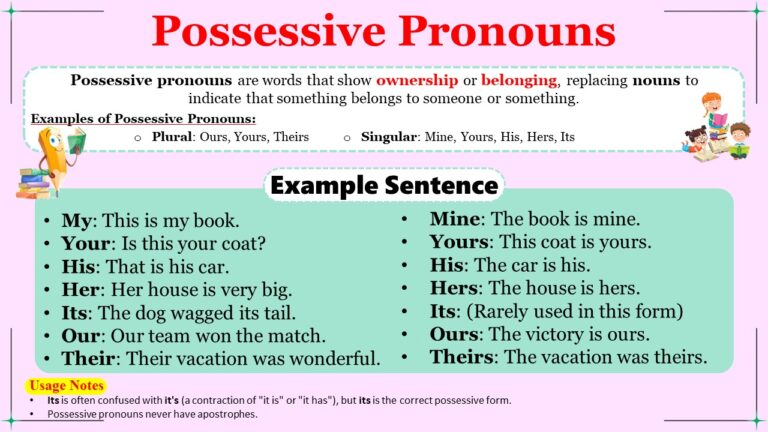
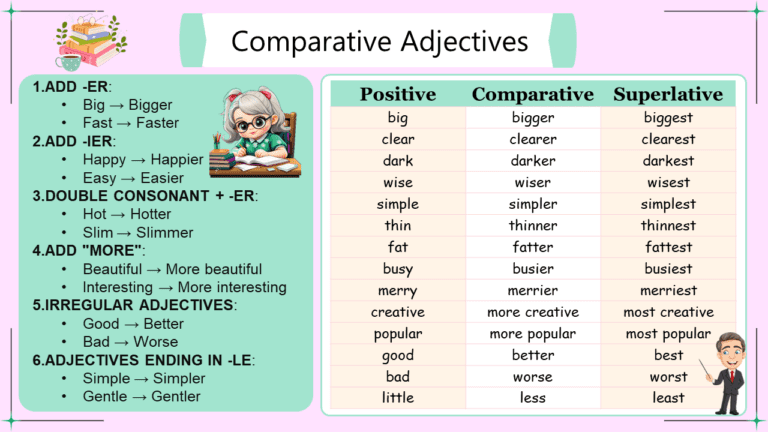
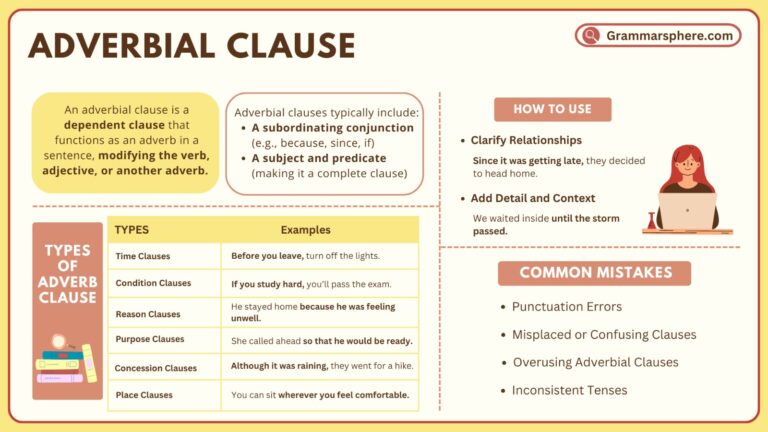
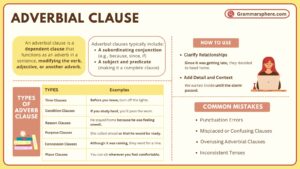
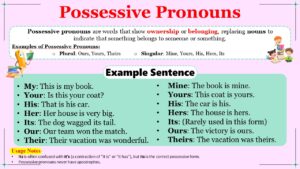
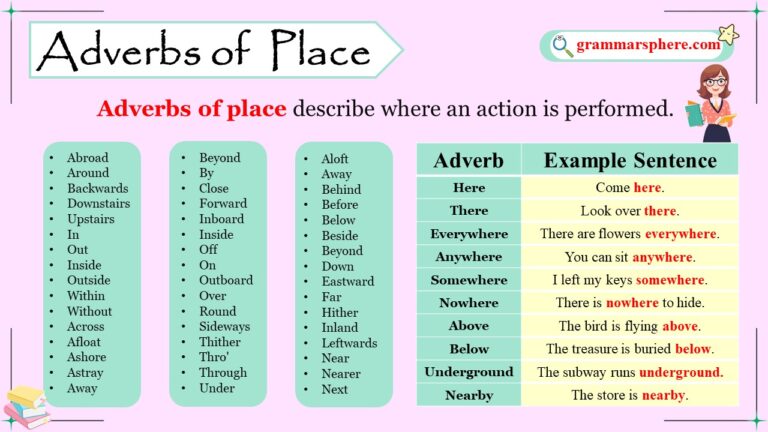
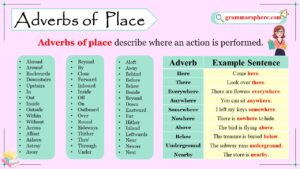
Leave a Comment